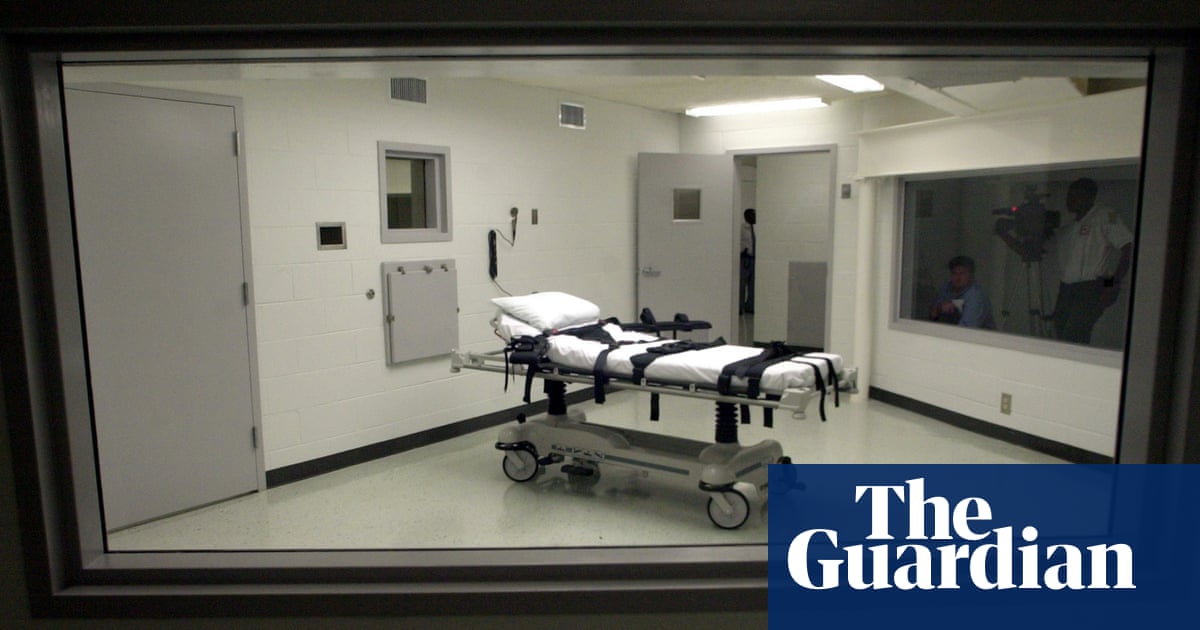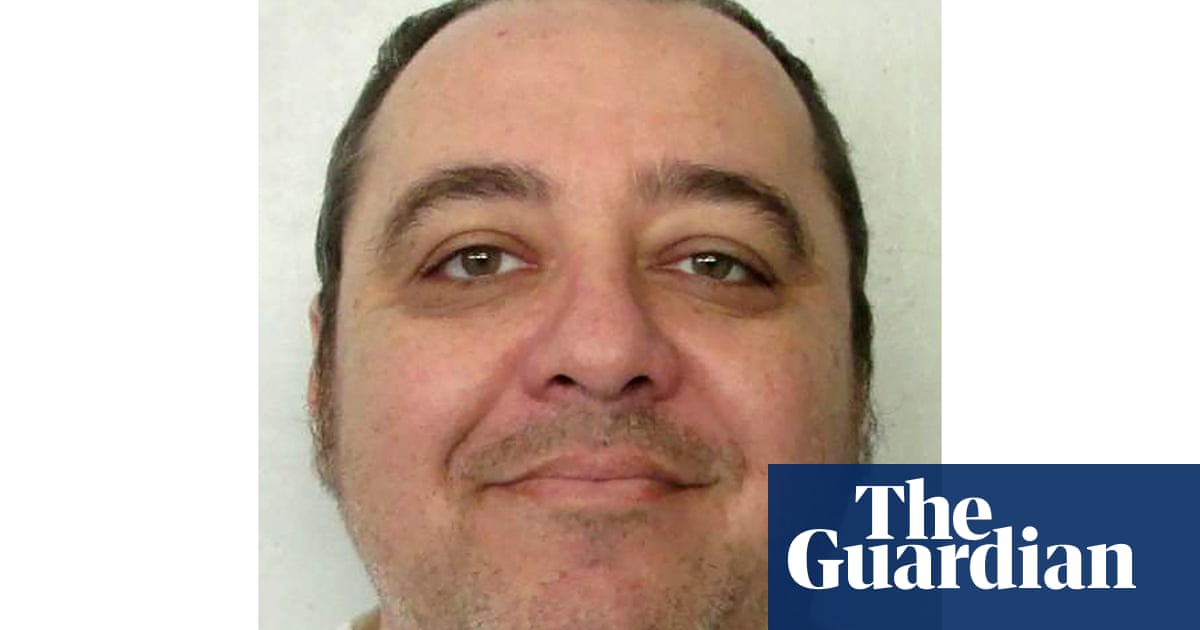
Four UN experts have expressed alarm over the upcoming execution of Kenneth Smith in Alabama, warning that the state’s intention to kill the prisoner with an untested method using nitrogen gas could subject him to cruel and inhuman treatment amounting to torture.
In a joint statement released on Wednesday in Geneva, the four independent UN monitors call on the US government and Alabama to halt the execution scheduled for 25 January. They accuse the state of rushing ahead with an experimental execution technique that could inflict grave suffering on Smith in violation of the international ban on torture.
“We are concerned that nitrogen hypoxia would result in a painful and humiliating death,” the experts write, noting that the technique had never been used before in an execution.
Smith, 58, was sentenced to death for the 1988 murder of Elizabeth Sennett. He had been offered $1,000 to kill her by the victim’s husband, a pastor who was seeking an insurance payout.
At trial, the jury voted overwhelmingly by 11 votes to 1 to give Smith a life sentence, but the judge overruled them and sent him to death row.
In November 2022, Alabama attempted to kill Smith through the conventional method of lethal injection. After four hours of searching for a vein, officials called the procedure off. The botched exercise has put Smith in an exceptionally rare class – that of a death row inmate who can describe having survived an execution.
A few months after the catastrophic attempt to execute him, Alabama announced that it would try again, this time using a new method known as “nitrogen hypoxia”. It involves strapping a mask to the prisoner through which pure nitrogen is passed, leading to gradual oxygen deprivation and eventual death.
The UN experts warn that the method is so little understood that there is no scientific evidence to prove that Smith would not be subjected to a degree of suffering illegal under international law and possibly tantamount to torture. They say the state risks running foul of both the convention against torture, to which the US is a signatory, and to international prohibitions against harmful medical and scientific experimentation on humans.
The four UN experts are all special rapporteurs – independent experts who act as fact-finders and watchdogs within the UN human rights system. They were led by the special rapporteur on extrajudicial, summary or arbitrary executions, Morris Tidball-Binz.
Three other UN experts added their voice to the warning: the special rapporteur on torture, Alice Jill Edwards; the expert on the right to physical and mental health, Tlaeng Mofokeng; and the expert on the independence of the judiciary, Margaret Satterthwaite.
The intervention of the UN experts was triggered by a detailed complaint from specialists in the UK and US. Jon Yorke, a professor of human rights at the Birmingham City University law school in England, and Joel Zivot, an expert in execution methods at Atlanta’s Emory University hospital, investigated Alabama’s plans for judicially killing Smith and concluded they violated six critical articles under international law.
Those included the ban on torture and inhumane punishment.
“If Kenneth Smith is executed by Alabama it will be both a miscarriage of justice and a barbaric act of state violence,” Yorke told the Guardian.
Zivot said that Alabama’s plan for the pending execution using nitrogen, laid out in heavily redacted protocols, fell short in many fundamental ways.
“It shrouds some details of the plan under a veil of secrecy, and secret executions are the practices of the enemies of justice. As a civil society, we rightly abhor such conduct,” he said.












